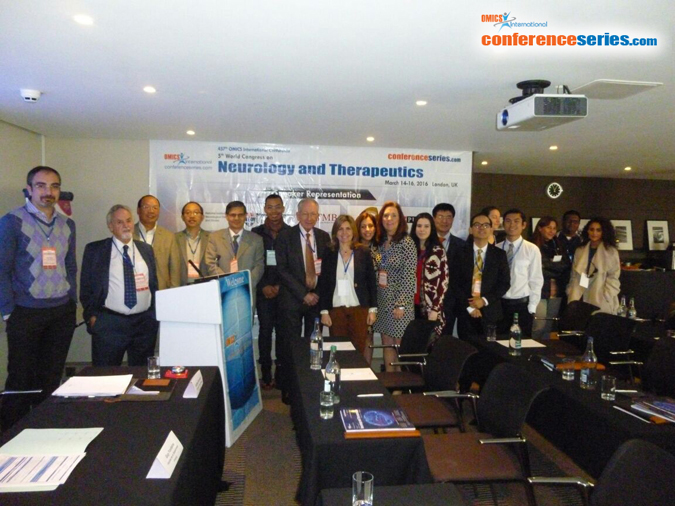Sybille Krauss
Deutsches Zentrum für Neurodegenerative Erkrankungen, Germany
Title: MID1: a translational regulator of mRNAs with expanded CAG repeats
Biography
Biography: Sybille Krauss
Abstract
Polyglutamine diseases are monogenic diseases that are caused by elongation of CAG repeat motifs translating into elongated polyglutamine (polyQ) stretches on the protein level. Aggregation polyQ proteins in the central nervous system of patients is a hallmark of polyQ diseases. Based on the neurotoxic function of these proteins produced from expanded CAG repeats, a reduction of these proteins will be beneficial in the disease context. In line, reduction of polyglutamine protein in disease models for polyglutamine diseases improved the disease phenotype. But how is the protein synthesis rate from expanded CAG repeat mRNAs regulated? One mechanism that we have recently identified to play a role in regulating the translation of huntingtin (HTT) mRNA with expanded CAG repeats involves the MID1-PP2A complex. Mutant HTT mRNA binds to a protein complex containing the MID1 protein, the catalytic subunit of protein phosphatase 2A (PP2Ac), and 40S ribosomal S6 kinase (S6K) in a CAG repeat length-dependent manner. Strikingly, binding of the MID1 protein complex to mutant HTT mRNA results in an increased translation and subsequently aggregation of mutant HTT. Interestingly, this sequestration of MID1 to expanded CAG repeats does not seem to be limited to mutant HTT mRNA, but is also seen on other mRNAs with expanded CAG repeats such as mutant ATXN3. This makes the MID1-RNA-protein complex a very interesting target to prevent formation of pathological accumulations of mutant polyQ protein in polyQ disorders.


